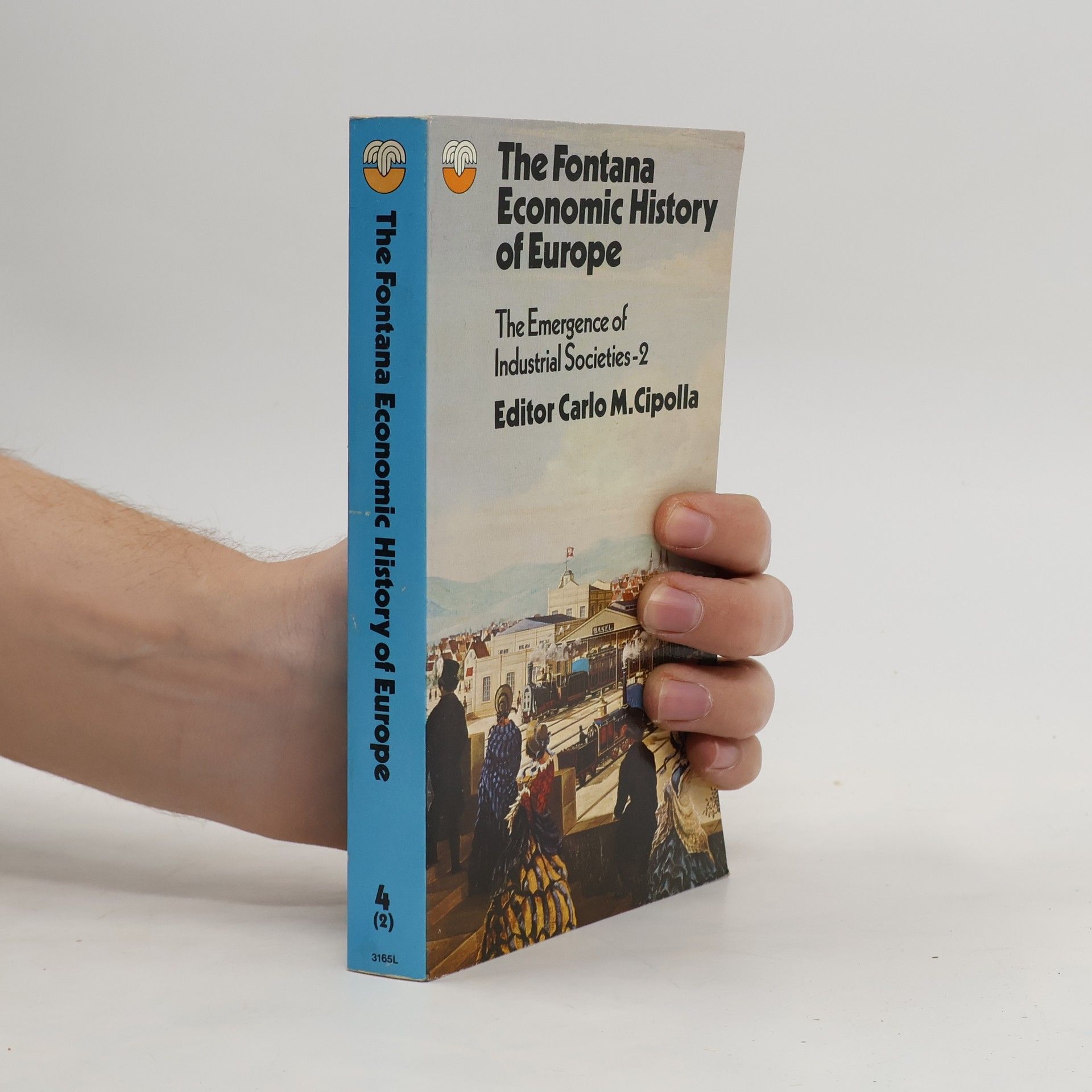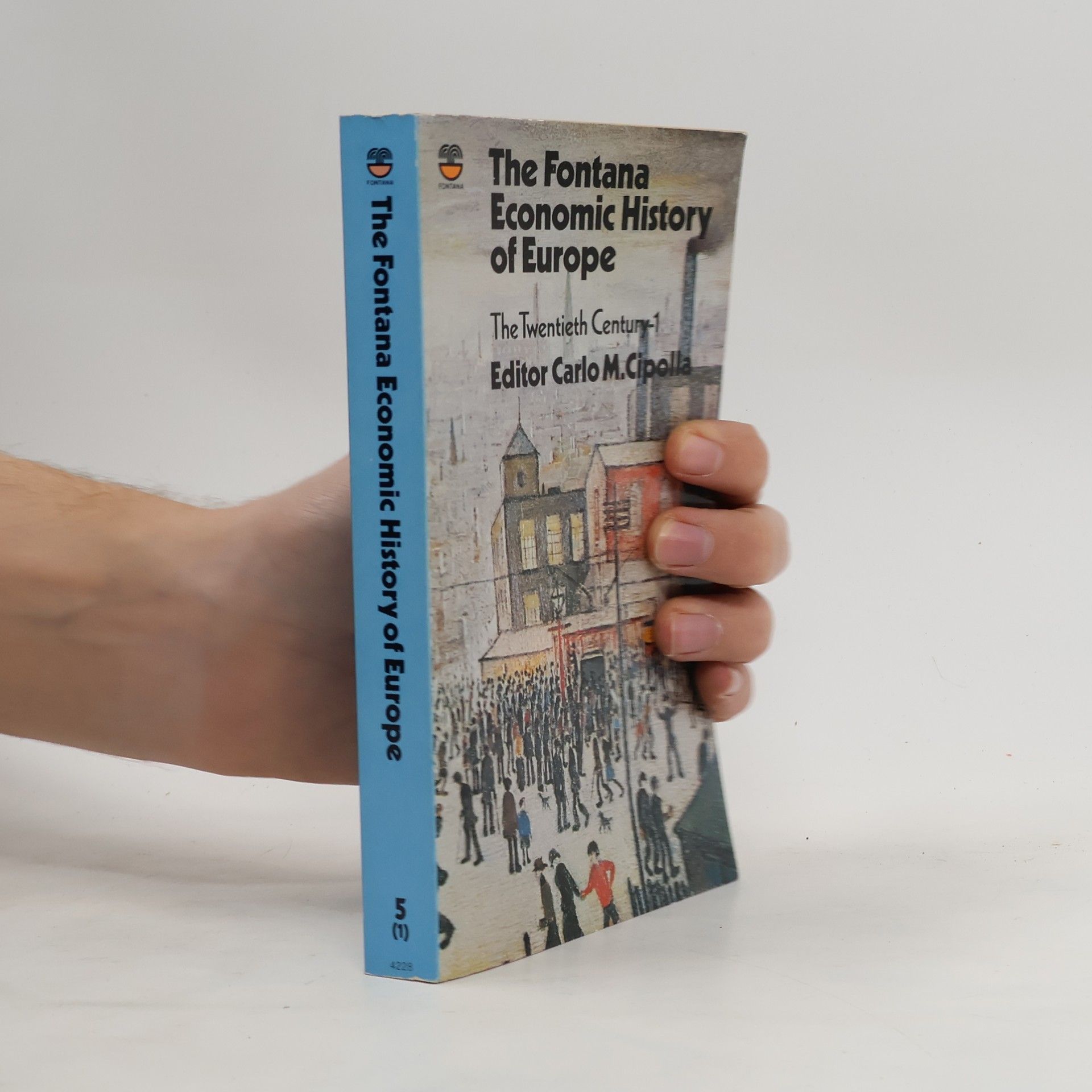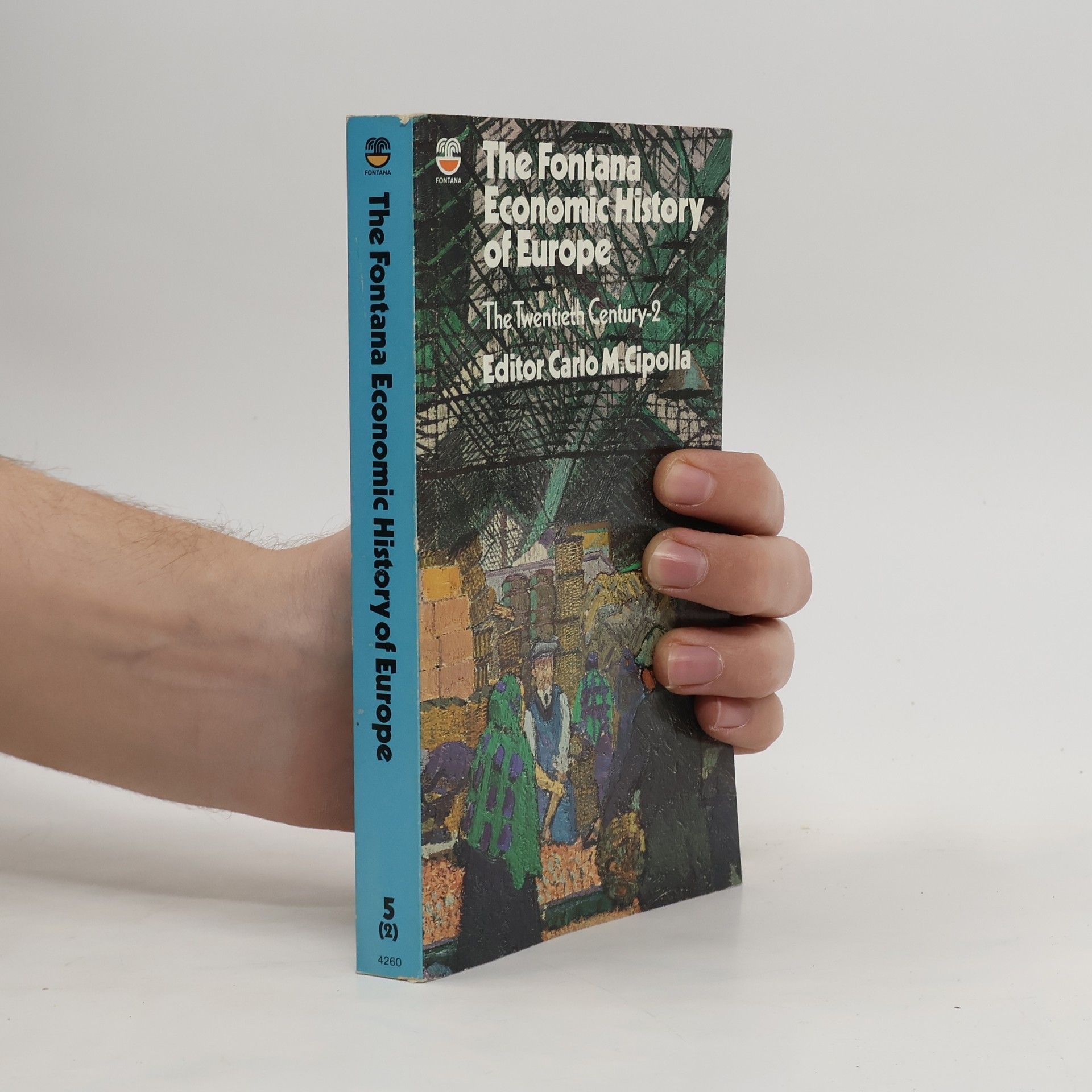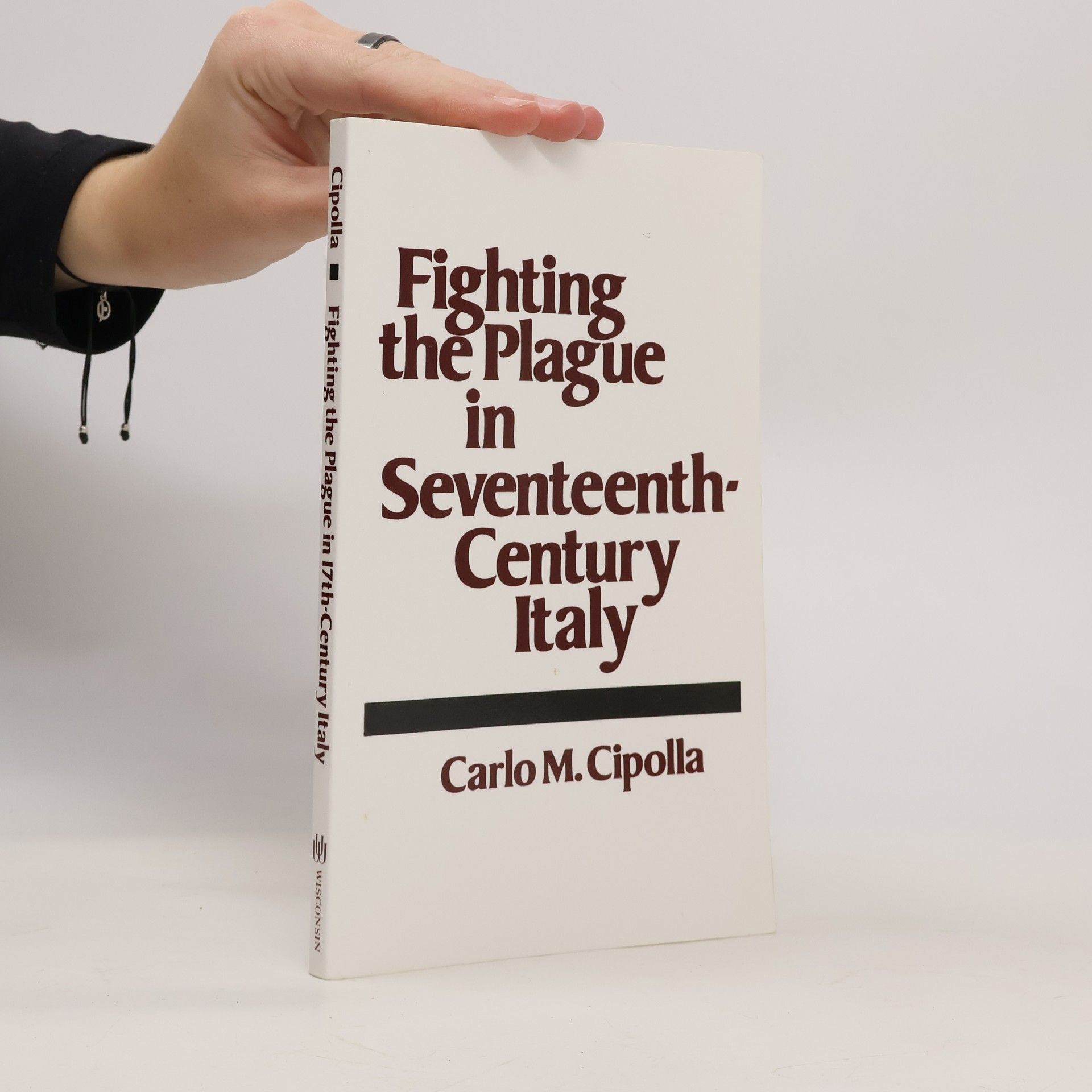Dva vtipné eseje italského historika, poprvé vydané v roce 1976 v USA a roku 1988 v Itálii, popisují dva zásadní fenomény lidské společnosti: pepř a lidskou blbost. Autor spatřuje v pepři hybatele evropských dějin a původce technologického pokroku společnosti od starověku po průmyslovou revoluci a své postoje dokládá konkrétními historickými příklady. V hlupácích pak vidí skupinu mnohem mocnější nežli různé mafie a průmyslové lobby a explicitně formuluje pět zákonů lidské blbosti, z nichž vyplývají základní kritéria pro dělení osob podle toho, jak prospívají, nebo škodí sobě a druhým.
Carlo M. Cipolla Knihy
Carlo M. Cipolla byl italský ekonomický historik, který se věnoval odhalování základních sil ovlivňujících lidskou civilizaci. Jeho práce se vyznačuje mimořádnou šíří záběru, od středověkých financí po historii nemocí, a pronikavým pohledem na to, jak ekonomické faktory formovaly společnost. Cipolla se proslavil svým plynulým a poutavým vypravěčským stylem, který dokázal i složité historické koncepty zpřístupnit širokému publiku. Jeho eseje a knihy nabízejí jedinečný pohled na to, jak se lidstvo vyvíjelo a přizpůsobovalo výzvám hospodářského života.

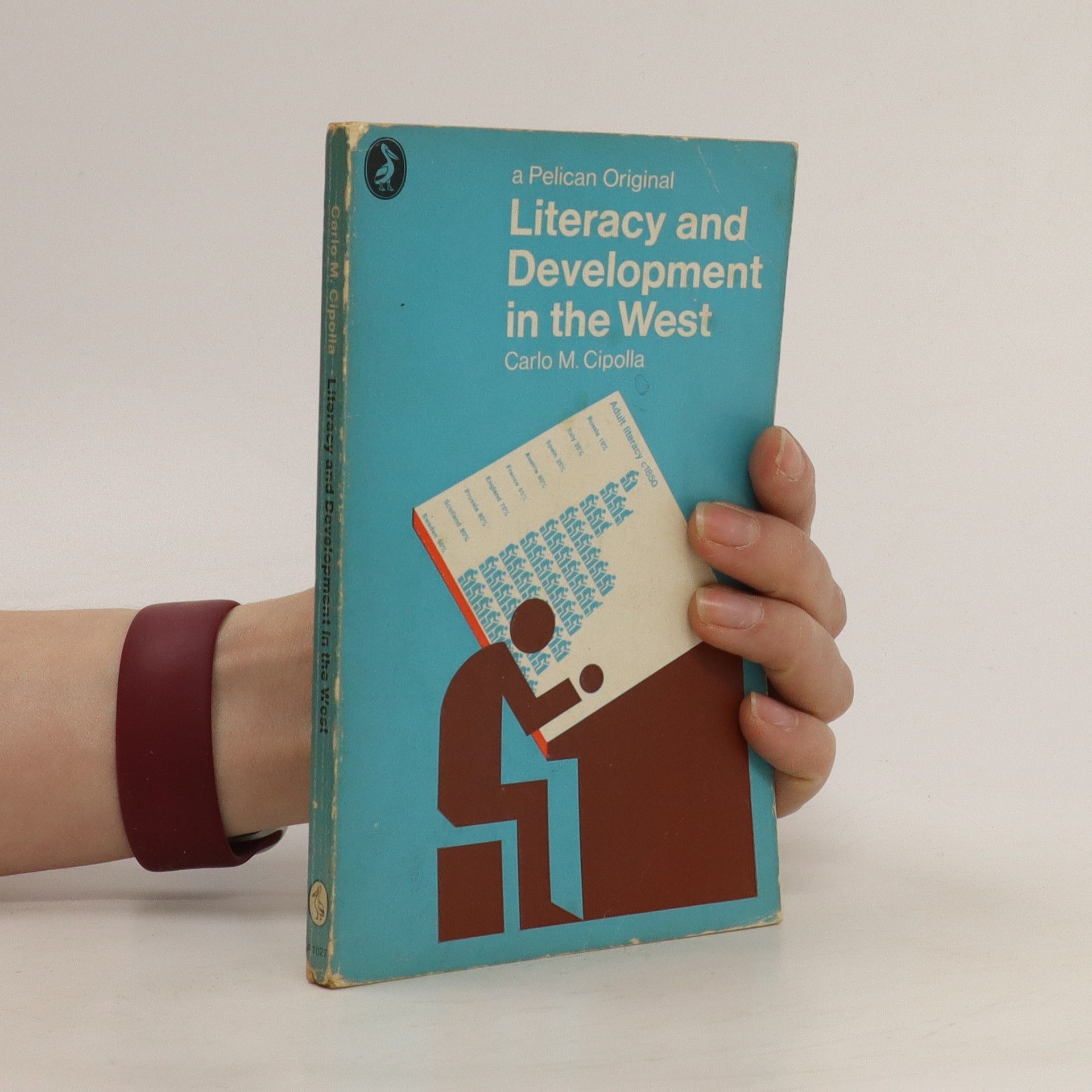
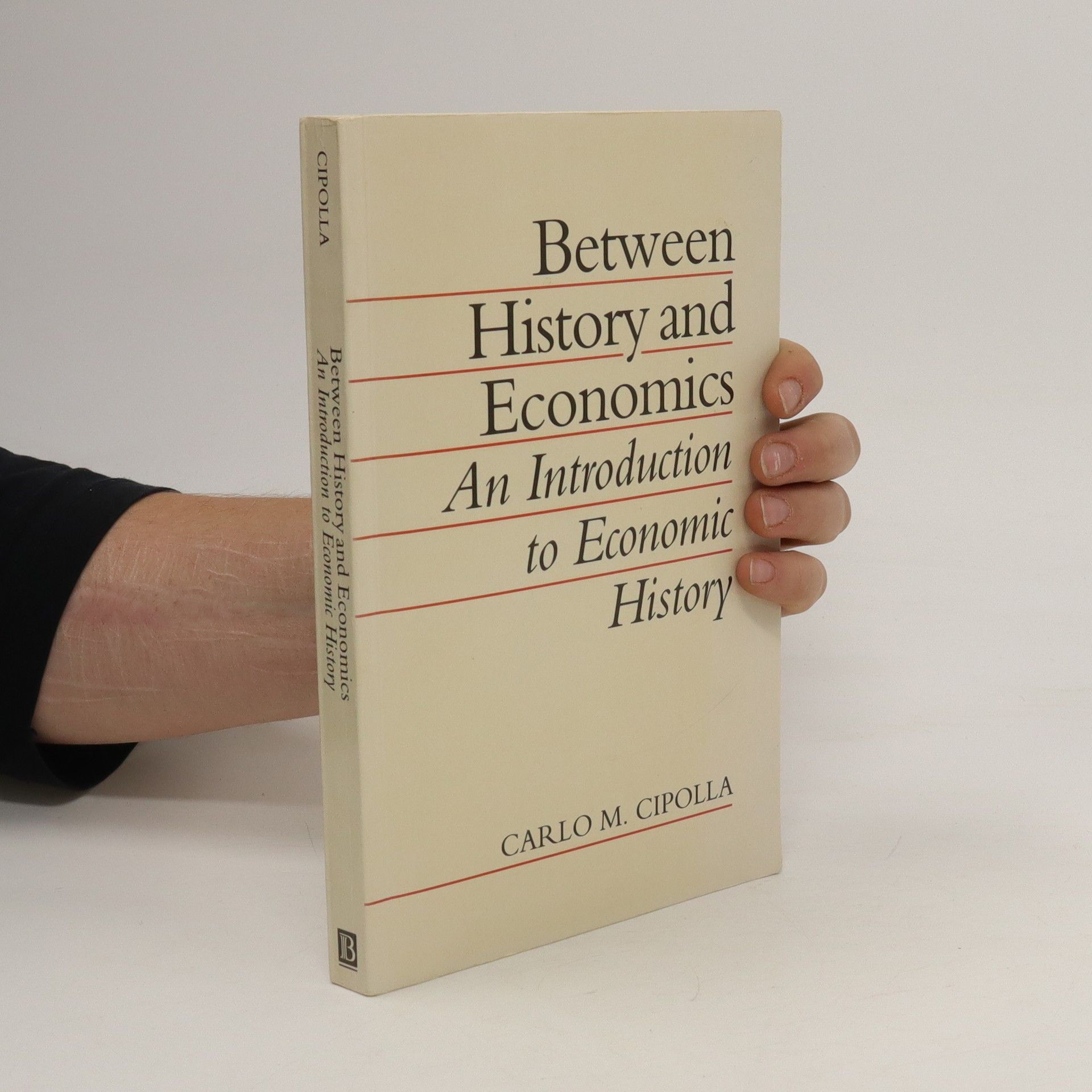
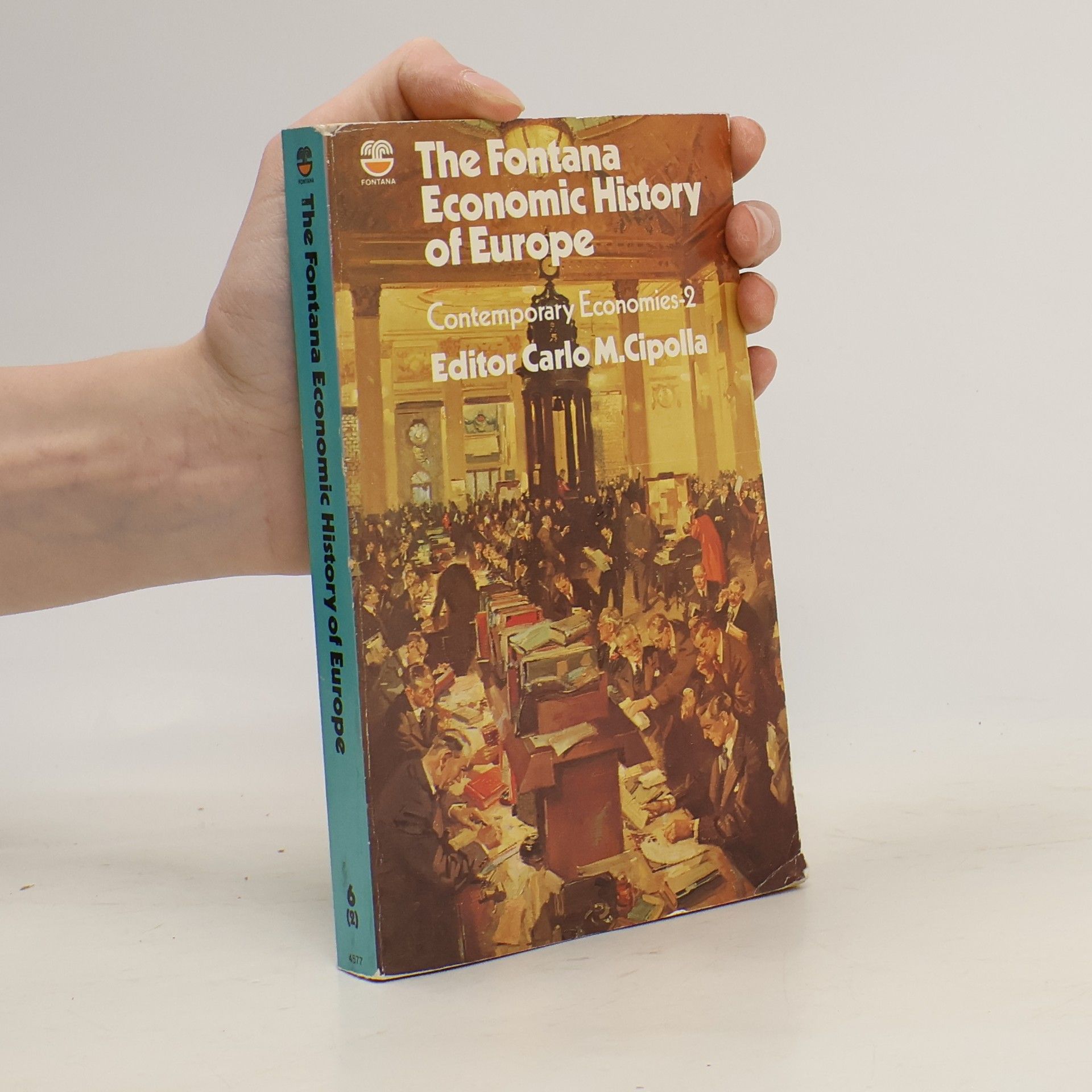
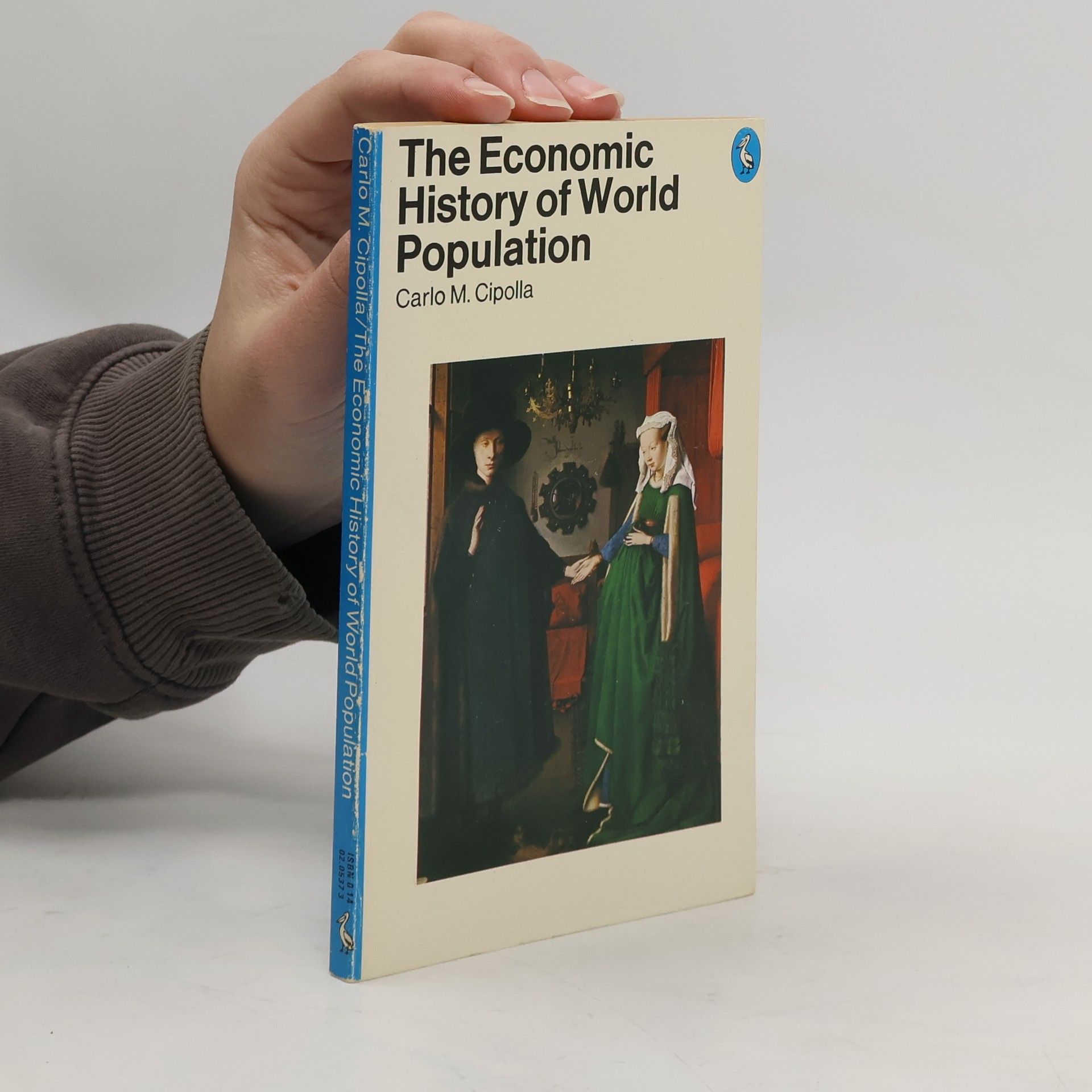

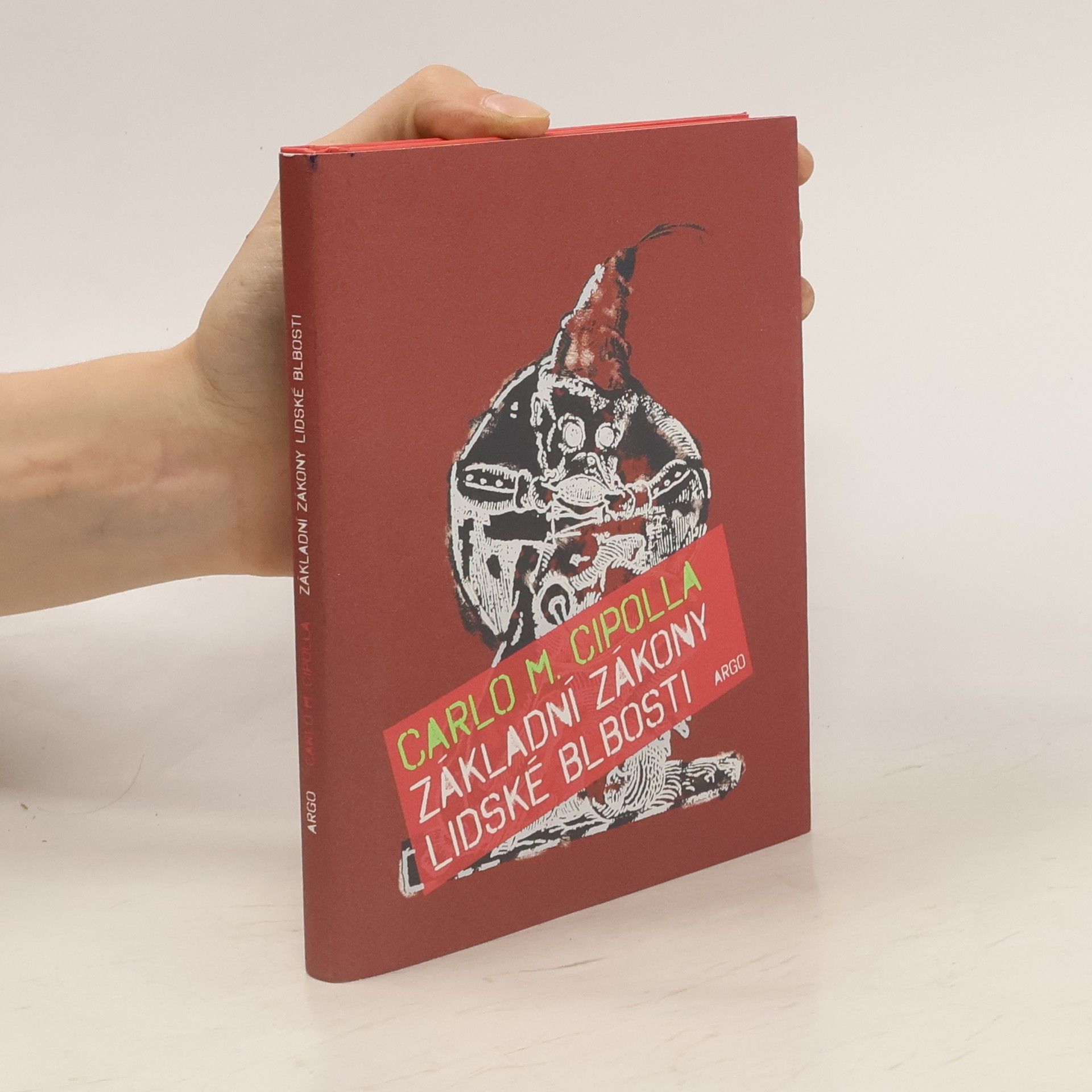
The Fontata Economic History of Europe
The Emergence of Industrial Societies 1
- 368 stránek
- 13 hodin čtení
The Economic History of World Population
- 136 stránek
- 5 hodin čtení
From back cover: 'This book presents a global view of the demographic and economic development of mankind. Professor Cipolla has deliberately adopted a new point of view and has tried to trace the history of the great trends in population and wealth which have affected mankind as a while. For it would have been inadequate to regard such a global history as being merely the sum total of national economic histories in abridged form. Among the massive problems that face the human race the author emphasizes the demographic explosion, the economic backwardness of vast areas, the spread of industrial revolution and of technical knowledge,. Whilst hte theoretical approach can help our analysis of these problems, Professor Cipolla believes that they can only wholly grasped and solved when they are studied in their full historical perspective.
Between history and economics : an introduction to economic history
- 256 stránek
- 9 hodin čtení
This book examines the methodological problems that have arisen from the clash of these two cultures, and aims to provide an account of the nature and substance of economic history.
Literacy and Development in the West( Pelican Original)
Merle Curti Lectures: Fighting the Plague in Seventeenth-Century Italy
- 136 stránek
- 5 hodin čtení
In this volume, Carlo M. Cipolla throws new light on the subject, utilizing newly uncovered and significant archival material.
